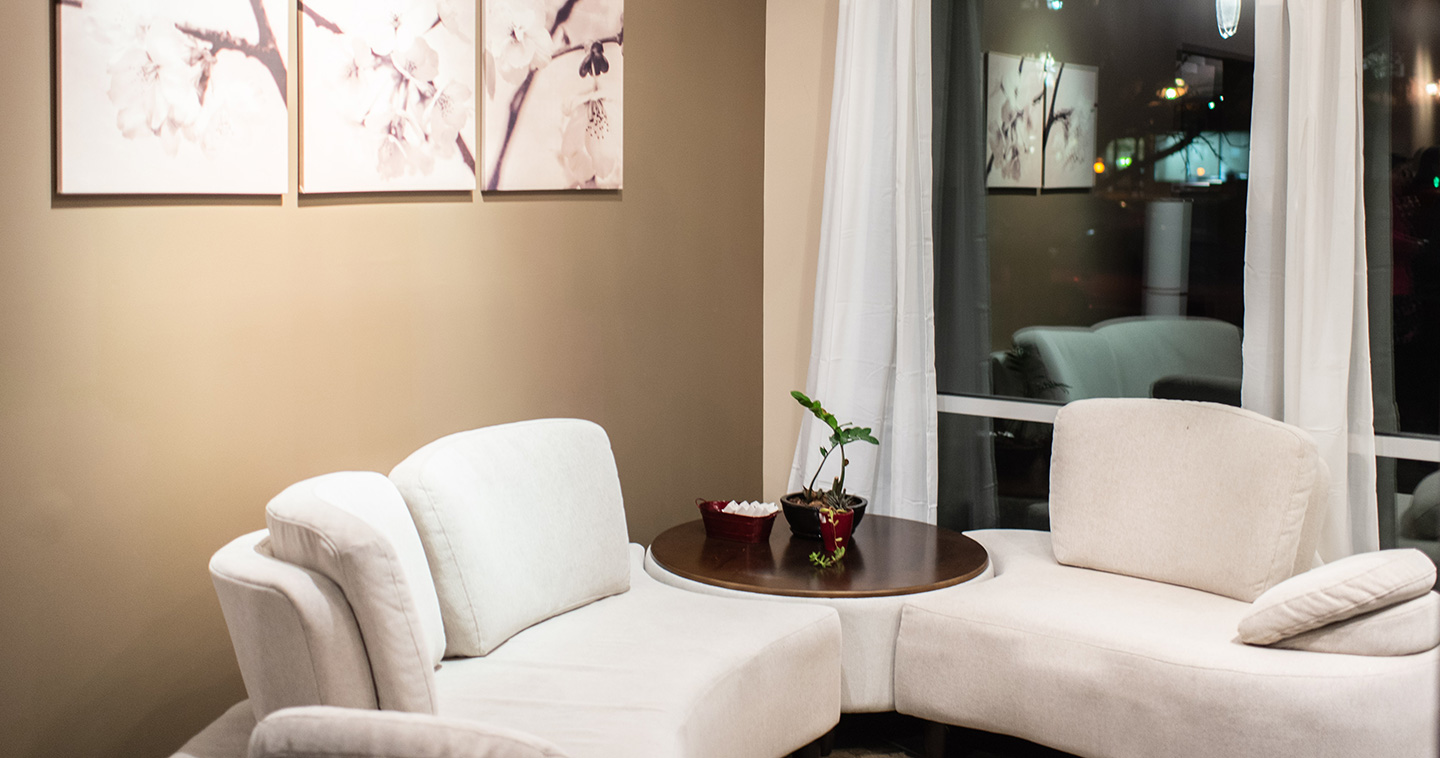We sat down with one of UCEBT's couples specialists, Dr. Stephanie Taylor, to ask about conflict in relationships. What's it all about? Why is it important? How can it be managed? Read along in part 3 of this three part series to see what Dr. Taylor says about the role of conflict in relationships.
Continuing on from the previous post, here are the remaining two of the four types of conflict:
#3. Contempt
This is a big one. This is a single best predictor of divorce. Contempt is almost like a form of disrespect. It is different than criticism. It's almost like criticism from a high horse. There's a feeling of superiority. You're coming at it in a little bit of a condescending way, talking down to your partner as if you're smarter, cleaner, and more punctual and more capable in some way. And it can often include name calling, too.
So, for example,”Geez, why are you so needy that everything you do has to be acknowledged in some way?”
If not contempt, what are these successful partners doing?
Successful partners are coming at it from a place of respect and being proud of those we love. It's creating a culture of appreciation within the relationship, saying thank you for the small things or acknowledging them in some way. “Thank you for taking out the trash”. “Thank you for helping the kids with their homework.” “I listened to you reading to the kids last night, and that was really great.”
It's communicating affection, respect, and it's something that partners might need to work on. Being able to create that, you've got to shift your perspective. You've got to build a different habit of mind.
Instead of scanning the environment for things to criticize, you, then start to pay attention for things you can appreciate. And that shift can be monumental. And I mean that not just in a romantic relationship. There's a lot of research behind shifting that into parent-child interactions. That can be huge when you start to look for things to appreciate as opposed to things to be upset over.
#4. Stonewalling
This is emotional withdrawal from conflict.
Normally, when two people are talking, the listener gives some obvious signs. They're listening, they're looking at the speaker, they have open body language. Facial expressions are reactive and relevant, maybe some grunts or noises that in response, these are all signals to make us feel like we're being listened to.
The Stonewall does not do this. They've shut down internally. You can see that externally with their body language: they might have their arms folded over them protectively, physically turning away from the speaker, avoiding eye contact. No signs of acknowledgement. Nothing. And guess what that ends up doing to the speaker? It makes them want to speak even louder.
They might come on stronger. They're going to be a little bit more aggressive because it doesn't feel like they're being listened to or heard, which is just going to then create this bad cycle of shutting down even more. And pretty soon you've got a full-blown war in the kitchen.
So it's really important when you notice that to immediately shift gears, whether that's taking a break from each other, whether that's trying to come at your partner with a little bit more affection and trying to help decrease that physiological arousal, whatever that looks like.
The Gottmans suggest taking a break that shouldn't be less than 30 minutes, but it shouldn't be more than 24 hours. And they also strongly recommend not thinking about the fight during that time. So kind of just complete distraction, avoidance and then coming back and trying again.
I think it's also interesting that a lot of Gottman therapists will have their couples hooked up to some type of biofeedback where they can measure the physiological response of when their heart rates go over 100 beats per minute. They usually set as an alarm and that can help the other partner start to recognize when that's happening.
How do you build more love into the relationship?
Get an idea of your partner's internal world, moving into sharing fondness and admiration, where you can express appreciation and respect, really trying to strengthen those bonds. Turning toward not away. I think it's human nature when you sense distance to create more distance as a protective piece, but really being able to do the opposite of that.
Having courage to turn inward. Looking at the positive perspective. Making sure you're an advocate for your partner and helping enable them to do what it is they see as their life's purpose, and then be able to create shared meaning together.


![Q&A with Dr. Stephanie Taylor: How To Identify and Manage Conflict in Relationships [PART 3 of 3]](/media/k2/items/cache/f5207093f4bafcb21c0c017e46b49f6e_L.jpg)

